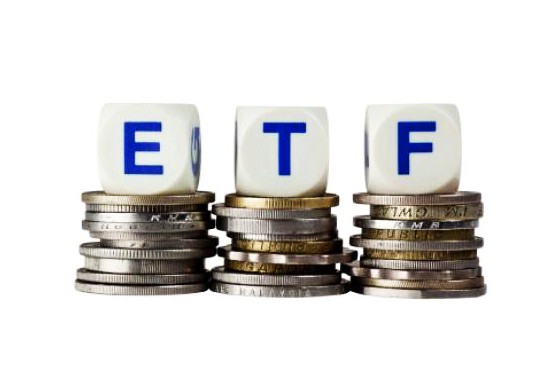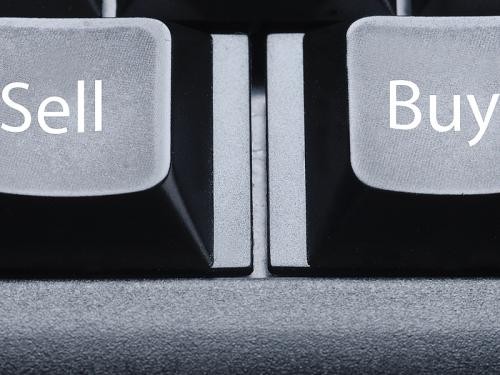Mutual Funds v Which Should You Choose
Post on: 2 Июль, 2015 No Comment

Millions of investors turn to mutual funds and exchange-traded funds to help them build diversified investment portfolios with only modest amounts of money to invest. By giving you access to their holdings of dozens or even hundreds of different stocks and other investments, both ETFs and mutual funds can make up the core of a smart investment strategy. But what trips up many investors is whether a mutual fund or an ETF is the better choice for them. In looking at the increasingly hard-fought battle of mutual funds vs. ETFs, let’s look at which factors you should consider in making your choice.
What mutual funds and ETFs have in common
Mutual funds and exchange-traded funds share many characteristics. Both involve investing in portfolios of multiple holdings, usually with a common investment theme among them. Both ETFs and mutual funds charge management fees to their shareholders in proportion to their holdings in the fund, and both make distributions of dividends or other investment income to their investors as appropriate depending on their respective investment objectives.
In addition, mutual funds and ETFs have some tax attributes in common. Neither ETFs nor mutual funds pay tax at the entity level, instead passing through any taxable income to their shareholders. Investors then pay taxes at the individual level based on their own particular tax rates.
What mutual funds offer that ETFs can’t
Despite the similarities, mutual funds and ETFs aren’t identical. Mutual funds price their shares only once every day, with investors able to buy or sell shares at the prevailing end-of-day price based on the net asset value of the fund’s holdings. Unlike exchange-traded vehicles, there’s no uncertainty whatsoever about whether the price you pay or receive on the open market corresponds to the actual value of the fund’s underlying investments.
Mutual funds also have the benefit of being less expensive to buy or sell. ETFs are generally subject to commission charges, meaning that those who use them to invest regularly have to pay each time they add more shares to their holdings. By contrast, mutual fund companies that run no-load mutual funds typically accept new money without charge, and they typically allow fractional shares that simplify the ability to make new investments on a regular time schedule.
Finally, if you want active management for your investments, mutual funds still give you far more choices than you’ll find in the ETF universe. Actively managed ETFs have started to appear in limited circumstances, but they have limited track records and are often based on the same strategies you can find in better-established mutual funds. If you value a manager who doesn’t just blindly follow an index, you’ll find a wider array of choices from the mutual fund front.
The benefits of ETFs over mutual funds

Conversely, exchange-traded funds have many features you won’t find with mutual funds. ETFs trade on exchanges, letting you buy or sell shares not only at the end of each trading day but at any time the market is open. A few hours might not make much difference most of the time, but at certain critical junctures, having the ability to act quickly has a lot of value.
In addition, ETFs tend to be more tax-efficient than mutual funds. The reason has to do with the way ETF managers create new fund shares, with the net impact being that much less in potential capital gains get passed through to ETF shareholders than what actively managed mutual fund holders face.
With ETFs, you never have to worry about paying sales loads. Some mutual funds charge up to 8.5% of their net asset value as a sales charge to the professional who sells you their shares, lopping a huge fraction of your investment off the top. With most ETFs tracking indexes, moreover, their expenses tend to be more modest than those of actively managed mutual funds — although not always as inexpensive as their index-tracking mutual fund peers.
Whether mutual funds or ETFs are better for you will depend on which of the factors discussed here is most important to you. For most investors, though, a combination of mutual funds and exchange-traded funds can give you the most flexibility to get the full breadth of investment coverage from these useful tools for your portfolio.
Top dividend stocks for the next decade
The smartest investors know that dividend stocks simply crush their non-dividend-paying counterparts over the long term. That’s beyond dispute. They also know that a well-constructed dividend portfolio creates wealth steadily, while still allowing you to sleep like a baby. Knowing how valuable such a portfolio might be, our top analysts put together a report on a group of high-yielding stocks that should be in any income investor’s portfolio. To see our free report on these stocks, just click here now .














